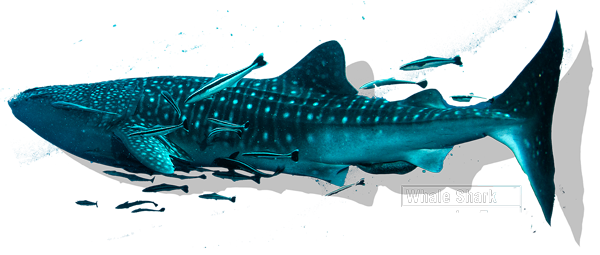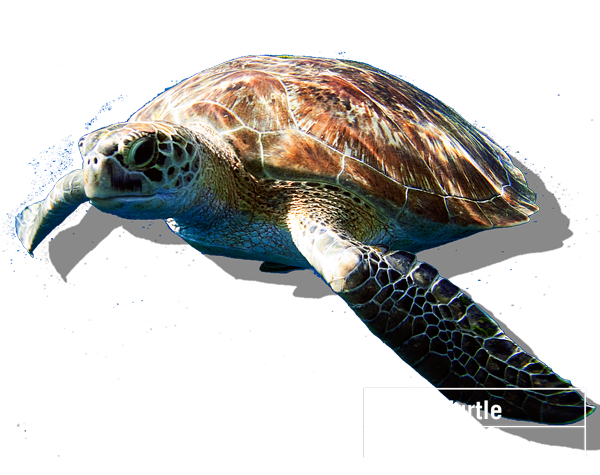Planet Ocean
Humans have a surprisingly opinionated perception of planet ‘Earth’. Nearly 71% of its surface is covered in Water, and a view from space of the Pacific side reveals hardly any land at all. We have no ingrained understanding of the Oceans processes –as a terrestrial species, we are familiar with the structures of land, because it supplies us with food and other resources.
The Oceans harbor a peculiar little molecule: Water
Life on Earth probably originated in the oceans, because of the unique properties of this liquid marvel. With few exceptions, water is the only naturally occurring fluid on this planet, it defines the physical limits and the distribution of earth’s Flora and Fauna. It is the fundamental element of life, as we know it. Water not only provides habitats for an immense diversity of life forms, but also a base for essential chemical processes.
Present condition of the Oceans
Today, the oceans are in a perilous state. After centuries of human activities, commercial fish species are facing extinction, ecosystems deteriorate continuously and ocean governance is still highly fragmented. In recent years, tens of thousands of kilometers of Coral Reefs have bleached, as a direct result of increased sea surface temperatures. Even though the capabilities of humans to massively influence marine systems should have been known since the late 1800s, when the Steller’s Sea Cow was hunted to extinction, marine conservation did not become an issue until the 1950s.
Ending the tragedy of the commons
Our response to the loss of the marine environment has been slow, reactive and intermittent. Most Oceans are still viewed as a global commons resource, so there is almost no incentive for any one nation to initiate costly, but necessary changes. Early efforts were, and still are, focused on single species protection (e.g. whales, sharks), or single out a particular threat (e.g. oil, mercury). Fortunately, more and more management efforts are focusing on ecosystem based approaches, integrated coastal zone management, and marine protected areas; which promise to integrate human activities, sustainable development and ecological systems1.
%
Percentage of Earth covered by Ocean

%
Percentage of Earth inhabited by Humans
Importance of Oceans
Globally, the oceans are the:
- main reservoir of water. 71% of planet Earth is covered by Ocean, only 0.5% is freshwater
- major habitat for organisms; they make up over 99% of the habitable volume of Earth
- main reservoir of oxygen
- probably the main producer of oxygen (phytoplankton)
- main thermal reservoir and regulator
- prime reservoir of carbon dioxide (CO2)
- home for a stunning diversity of life, from bacteriophages to whales
- the only place you’ll find coral reefs1

- Percentage of World’s Coral Reefs threatened 75%
- Percentage of World’s fisheries in need of restoration (3) 85%
Importance of Coral Reefs
Coral reefs are globally essential, because they
- cover less than 0.1% of the oceans, but are home to 25% of the marine biodiversity
- generate up to 29.8 Billion U$ of products and services
- provide sustenance and livelihoods for 500 Million people
- the main primary producers in nutrient deprived regions
- are the source for many pharmaceuticals
- protect countless kilometers of coastline
- are spawning and nursing ground for commercial fish species4

Marine species listed as endangered (5)

Global Marine Conservation Efforts
While your news feed and inboxes are probably overflowing with doomsday messages, and donation pleas; there is good news. Change is happening, and the awareness of environmental issues is constantly rising. In 2014, 1,27 million square kilometers have been declared Marine Protected Area in the Pacific, and more than 100 MPAs with the size of 15.7 million hectares have been declared in Indonesia, just to name a few.
Biodiversity Conservation
The current scientific consensus2 states that ecosystemolocical or biodiversity based approaches are our most promising option to halt the present decline of marine systems. Single-species fish stock protection is primarily based on financial interests, and, at best, only addresses symptoms, but never the cause. Integrating the needs of the people depending directly on the oceans, with the ‘needs’ of the ecosystem itself, is currently the best way to a sustainable coexistence.
Marine Conservation in Thailand
The people of Thailand have established 28 Marine Protected Areas, encompassing biodiversity hot-spots in the Andaman Sea and the Gulf of Thailand5. In 1934, the Department for Marine and Coastal Resources was established in Bangkok to develop plans, policies and techniques to tackle and overcome the current challenges, and provide a sustainable future for the Thai people. One of their main objective is the collaboration with international partners, which is why we’re here.
JOIN US on Koh Phangan
CORE sea’s field station on Koh Phangan (Ko Pha Ngan), opened it’s doors in 2011. Together with our partners from the DMCR, Thai- and International universities, local NGOs, and our volunteers, we have researched countless kilometers of reef and ‘peculiar pinnacles’. We developed a concept to increase effectiveness, abundance and size of Thailand’s MPAs, that we currently call ‘Community Led Micro Marine Protected Areas’, which is a bit of a mouthful, so we decided to call the project ‘Not All Hope Is Gone’. You can read all about it here.
We’re small, we’ll need a lot of help to make this happen.
JOIN US IN OUR MISSION
(1)Marine Conservation Ecology, John Roff and Mark Zacharias, Earthscan 2011
(2)lme.edc.uri.edu/index.php?option=com_jresearch&view=publication&task=show&id=46&Itemid=65 (3)worldwildlife.org/threats/overfishing (4)coralreef.noaa.gov/aboutcorals/values/
(5)nmfs.noaa.gov/pr/species/esa/
